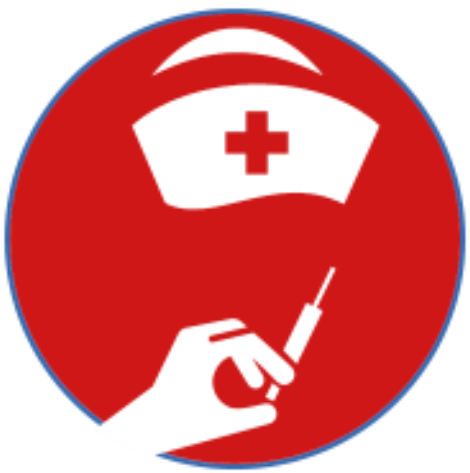Required Resources
Read/review the following resources for this activity:
- Textbook: Chapter 12
- Lesson
- Minimum of 1 scholarly source (in addition to the textbook)
Introduction
Each person owes a duty to himself or herself and to the world to study ethics and to engage in thoughtful debate about what is right, and what is wrong. It is this habit of thinking about and reflecting on ethics that will help you determine the right choices when faced with an ethical dilemma.
Initial Post Instructions
Articulate a moral dilemma wherein one has to show a specific virtue or virtues (it can be any virtue or virtues including honesty, courage, charity/generosity, compassion, etc.)
- What is the moral dilemma about?
- What virtue or virtues should be shown? (You are here selecting the best course of action)
- Why is that virtue or those virtues to be shown?
- How should the virtue or virtues be expressed, and why in that manner?
- Apply Aristotle’s golden mean to the dilemma.
- Tell us how the dilemma involves conflict moral duties (loyalty to community versus to self, professional versus familial duties, national or personal obligations).
The dilemma must be a situation in which a choice has to be made.
ANSWER:
Throughout this session, we have uncovered the perspectives of various ethical theorists. Not one single factor can constitute a certain behavior or action to be morally good or bad. With this said, I believe a moral dilemma is a conflict where a decision must be made between two or more courses of action.
Just recently, I visited Bed Bath and Beyond to purchase some household cleaning products. It was a Sunday afternoon, and merely everyone in town decided to visit the store because the line for checkout was counted in the dozens. After waiting nearly twenty minutes in line, I was finally instructed to approach a cashier to pay. With only five items to purchase I already anticipated the total would be less than twenty dollars. After getting my receipt and walking to my car, I realized continue reading…
